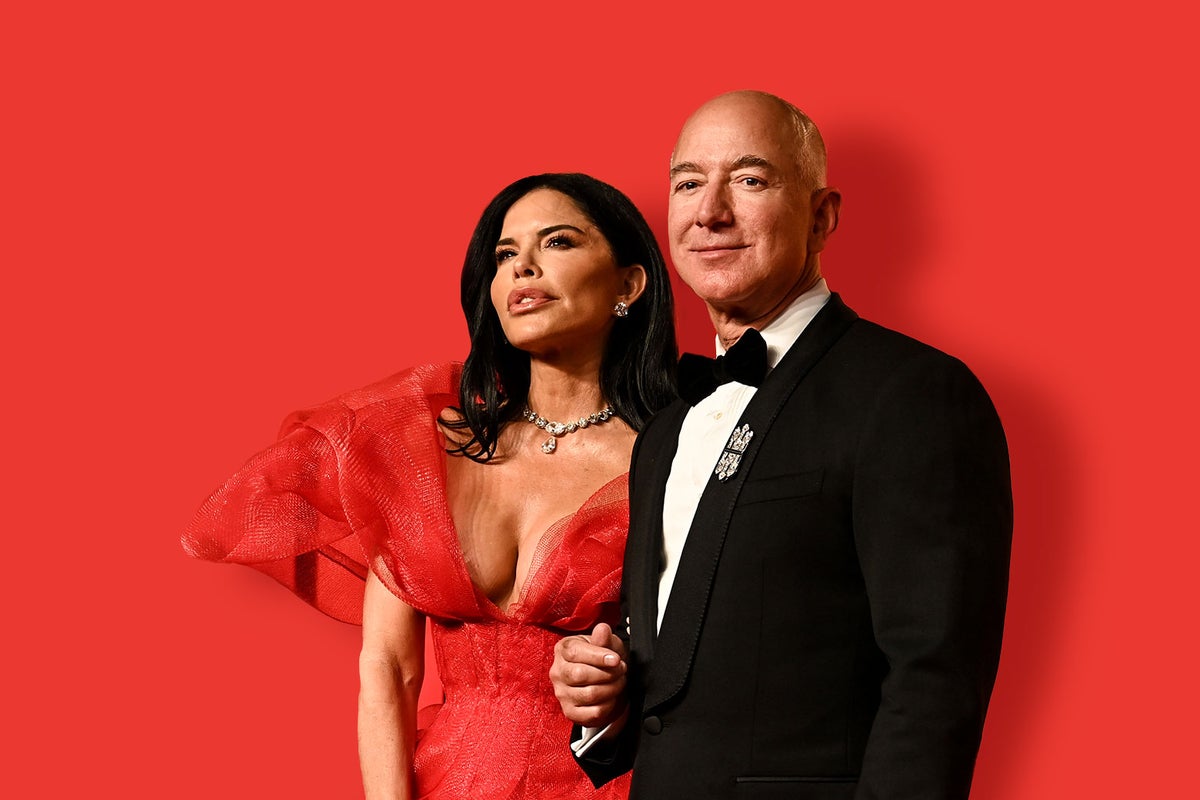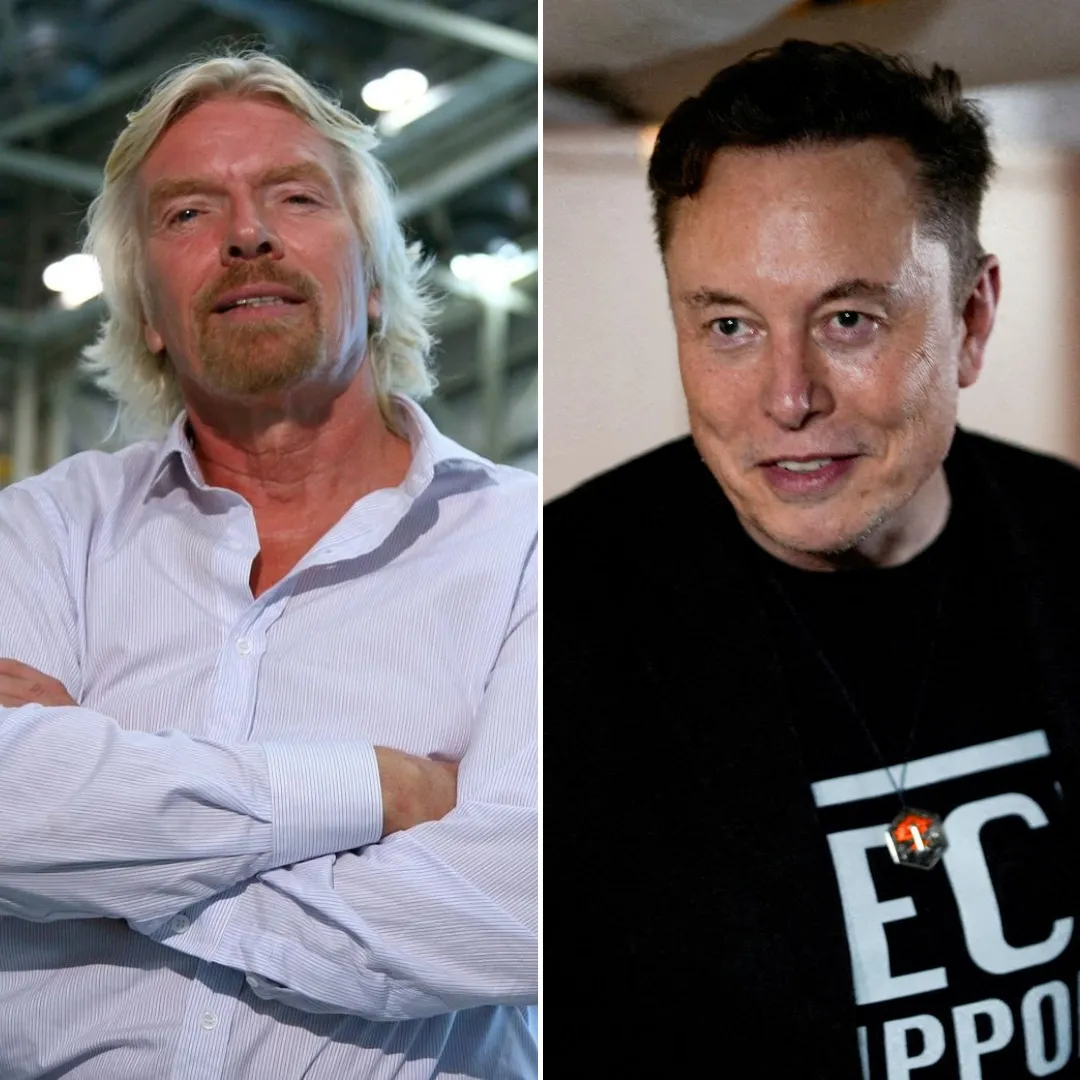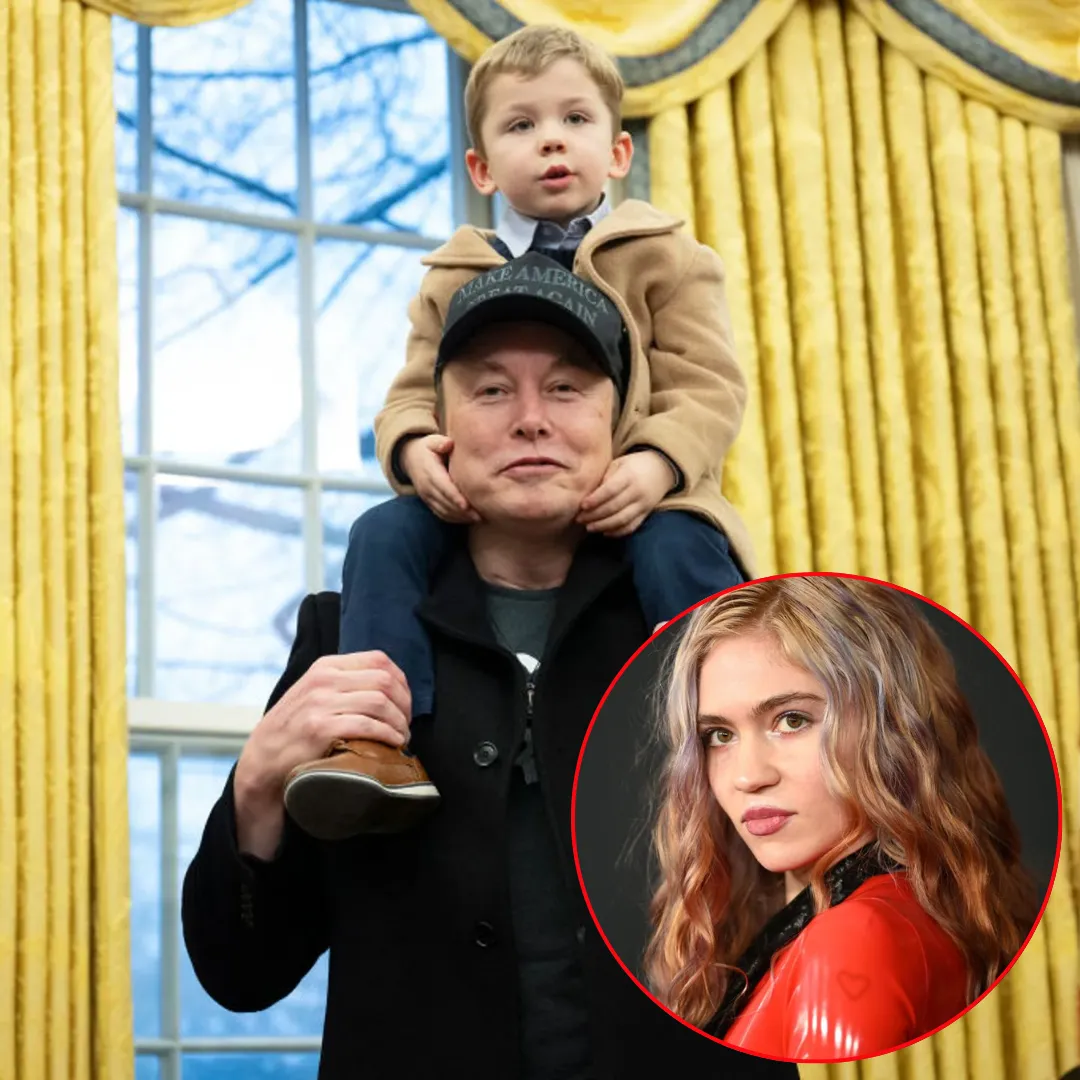
Former President Donald Trump recently offered unexpected praise for two of the world’s most powerful tech moguls: Amazon founder Jeff Bezos and Meta CEO Mark Zuckerberg. In a candid interview with The Atlantic, Trump remarked that both men “have been great” as they adjust their companies’ policies during his second term in office.
The comments mark a shift from the often contentious relationships Trump had with tech leaders during his first presidency. Trump suggested that Bezos and Zuckerberg—and perhaps others who were earlier critics—now “respect” him in ways they didn’t before.
“It’s just a higher level of respect,” Trump said. “Maybe they didn’t know me at the beginning, and they know me now,” he added, hinting at a grudging acknowledgment of his political influence.
This newfound respect is underscored by reports that both Amazon and Meta contributed $1 million each to fund Trump’s second inauguration ceremony, signaling a thawing of relations between Trump and these tech giants.
Before his inauguration, Trump reportedly showed a call log to a close friend highlighting frequent communications with several billionaires. The list included his confidante Elon Musk as well as Bezos and Zuckerberg, suggesting these men were key players in his political circle.
When asked directly about Bezos, Trump praised him unreservedly, saying, “He’s 100 percent. He’s been great.” Similarly, Zuckerberg received accolades with Trump stating simply, “Zuckerberg’s been great.”
The compliment towards Bezos comes just months after the Amazon founder, who also owns The Washington Post, made waves by implementing editorial changes at his newspaper. In February, Bezos reportedly restricted opinion writers from covering topics like “personal liberties and free markets,” a move that some viewed as controversial.

On the other hand, Zuckerberg has stirred controversy by removing Meta’s independent fact-checkers, accusing them of being “too politically biased.” This action followed Meta’s suspension of Trump’s social media accounts for two years after the January 6 Capitol riot.
Trump responded to his suspension by suing Meta in 2021. The lawsuit was eventually settled for $25 million, but the underlying tensions between Trump and Zuckerberg remain complex.
Reflecting on his second term, Trump described the contrast with his first presidency. “The first time, I had two things to do—run the country and survive; I had all these crooked guys,” he told The Atlantic. “And the second time, I run the country and the world,” he added, emphasizing a bolder political stance.
Amid these political dynamics, Amazon found itself in Trump’s crosshairs for another reason. A news report claimed Amazon planned to add tariff pricing to its product listings, showing customers how much of a product’s cost was due to US tariffs.
This move reportedly angered Trump, who personally called Bezos to express his displeasure over the decision. The president viewed the tariff price display as a threat to his trade policies and economic messaging.
The call underscored the complicated nature of Trump and Bezos’s relationship—marked by both cooperation and conflict. Despite their public warmth, underlying business and political tensions persist.
Zuckerberg, meanwhile, has navigated his own set of challenges during Trump’s administration. Meta’s evolving policies on content moderation and political speech have placed Zuckerberg in the center of national debates over free speech and platform responsibility.
Despite these controversies, Zuckerberg’s interactions with Trump appear to have softened somewhat since the Capitol riot, reflecting a pragmatic shift on both sides.

Bezos’s Washington Post has also played a role in shaping public perception of Trump’s presidency, often critically covering his administration. The balance between Bezos’s media interests and his political connections adds layers of complexity to his relationship with the former president.
As Trump continues to assert his influence, the roles of Bezos and Zuckerberg remain significant. Their businesses wield massive power over communication, commerce, and public discourse in the US and worldwide.
The dynamic among these billionaires and the president is emblematic of the intertwining of politics, technology, and media in the 21st century.
While Trump’s praises may suggest smoother waters, the underlying rivalries and conflicts between political power and corporate influence remain unresolved.
In the months ahead, the interplay between Trump, Bezos, Zuckerberg, and other tech titans will likely continue to shape policy and public life. Navigating these relationships requires balancing cooperation with competition, influence with accountability.
For now, Trump’s acknowledgment of Bezos and Zuckerberg’s “greatness” signals a pragmatic approach to harnessing the strengths of powerful allies. Yet the unpredictable nature of politics and business ensures that tensions will flare again, as interests diverge and stakes rise.

Ultimately, these interactions underscore the complex ecosystem where politics and big tech intersect, with profound implications for governance and society.
The evolving relationships between Trump and these billionaire leaders reflect broader trends of power consolidation and negotiation in modern America. How these ties develop will impact everything from regulatory approaches to innovation, media narratives, and global influence.
In this high-stakes dance, every word, gesture, and decision carries weight far beyond the personal, shaping the future of the nation and beyond. As Trump embarks on his second term, his relationship with Bezos and Zuckerberg will be one to watch—a microcosm of the new American power dynamic.
The strategic alliances between Trump, Bezos, and Zuckerberg also highlight how political power and corporate interests increasingly intertwine in shaping policy decisions.
Their interactions often influence legislation, regulatory actions, and public opinion, underscoring the blurred lines between business and governance in today’s world. This dynamic raises questions about the extent to which billionaire influence should factor into democratic processes and policymaking.
Moreover, the evolving relationship suggests a mutual recognition of the need for cooperation despite past conflicts. For Trump, maintaining positive ties with tech leaders can help temper criticism and leverage their platforms for political messaging.

For Bezos and Zuckerberg, engagement with political figures like Trump can secure favorable regulatory environments and preserve business interests amid growing scrutiny.
Public reaction to these developments remains mixed. While some view the rapprochement as pragmatic and necessary for national progress, others fear it signals excessive corporate influence over political agendas.
Critics worry that such closeness might marginalize ordinary citizens’ voices and prioritize elite interests in policy outcomes.
The relationship also spotlights the broader global trend of powerful tech companies acting as quasi-governmental actors, wielding influence comparable to nation-states.
As these companies engage directly with world leaders, the traditional boundaries of diplomacy, sovereignty, and accountability become increasingly complex and contested.
Looking ahead, the interplay between political leaders and tech billionaires will continue to shape the socio-political landscape.
Whether this leads to collaborative solutions or deepened divisions will depend largely on transparency, public oversight, and the willingness of all parties to prioritize the common good over narrow interests.

-1742531070-q80.webp)

